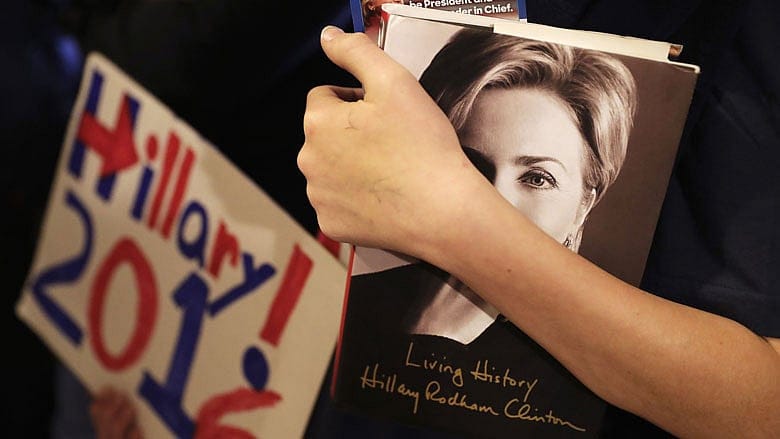Poll: This is the more potent issue than gender in 2016

WASHINGTON (AP) — Hillary Clinton could be the nation's first female president. Bernie Sanders warns of the role of super PACs in politics. While the two themes have become a big part of their primary contest, Americans view the issues very differently.
Nineteen percent of Americans say they would be more likely to vote for a presidential candidate if the person is a woman, according to a new Associated Press-GfK poll, while 64 percent say a candidate's gender has no bearing on their vote.

